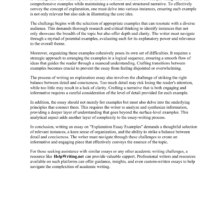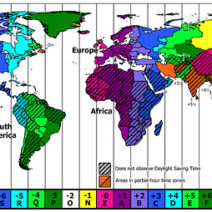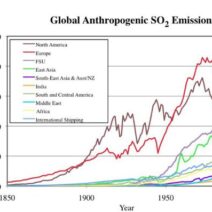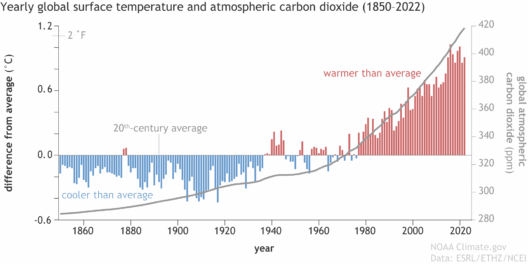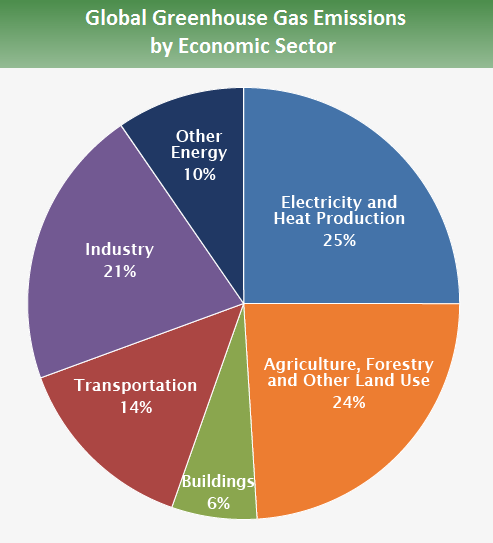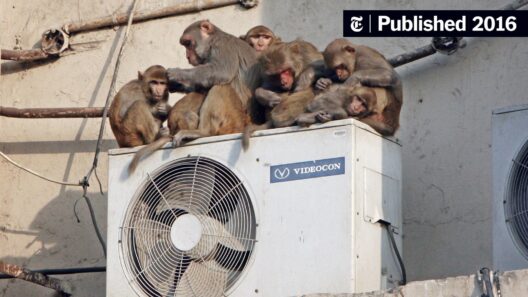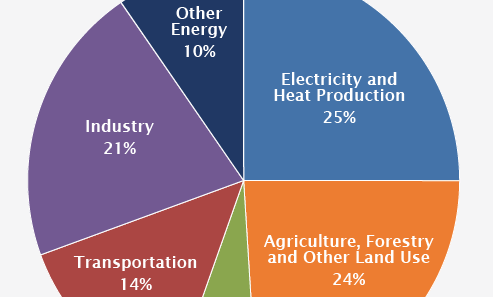In recent discussions surrounding climate change, the actions of several countries have garnered scrutiny regarding their impact on global warming. A particularly intriguing case emerges from the Netherlands, a nation renowned for its advanced water management systems and commitment to sustainability. However, some have posited that specific Dutch activities may unwittingly contribute to the acceleration of global warming. This exploration sheds light on the paradoxical relationship between national innovation and environmental consequence.
The crux of the matter lies in the complexities of nitrogen emissions and land use. The Dutch agricultural sector, characterized by its intensive farming practices and high crop yields, emits significant quantities of nitrogen compounds. This situation raises crucial questions about sustainability. Could the very innovations that propel agricultural efficiency be sowing the seeds of environmental jeopardy? Indeed, nitrogen fertilizers, while beneficial for crop production, can lead to an increase in greenhouse gas emissions.
Nitrogen oxides, a byproduct of these fertilizers, are potent greenhouse gases. When they enter the atmosphere, they not only contribute to global warming but also exacerbate air quality degradation. These compounds interact with other atmospheric constituents, creating a feedback loop that can accelerate climate change. The irony is stark: the very methodologies designed to enhance productivity may inadvertently undermine the environmental integrity of the planet.
Furthermore, land use changes in the Netherlands provide another poignant example of the potential for unintended consequences. The reclamation of land from the sea—an impressive feat of engineering—has drastically altered local ecosystems. While this reclamation has allowed for agricultural expansion, it has also disrupted the natural carbon sinks that wetlands and coastal areas provide. The destruction of these crucial environments can, thus, lead to increased atmospheric carbon dioxide levels, intensifying the greenhouse effect.
In addition to agricultural practices, the issue of livestock farming merits thorough examination. The Dutch dairy and meat industries are prominent contributors to methane emissions—another powerful greenhouse gas. Cows, for instance, produce methane during digestion, and the associated manure management practices further exacerbate the problem. As the demand for meat and dairy products continues to rise globally, the pressure on the Dutch environment escalates. The pursuit of increased livestock yields, therefore, could paradoxically culminate in exacerbated global warming effects.
It’s also crucial to address the role of industrial processes in the Netherlands. Many industrial activities generate substantial greenhouse gas emissions, which contribute to the nation’s carbon footprint. The attempts to elevate the economy through fossil fuel use, alongside maintaining high levels of industrial productivity, can present formidable obstacles in the battle against climate change. It raises the question of economic growth versus environmental sustainability—a dilemma that several nations face today.
Transitioning toward renewable energy has been a focus for the Netherlands, particularly in light of its commitments to international climate agreements. However, the process isn’t devoid of challenges. The infrastructure necessary for wind and solar power generation can have environmental repercussions, including habitat disruption and resource extraction. Striking the right balance between energy innovation and environmental preservation is critical. In this context, are the Dutch inadvertently accelerating global warming through their energy transition efforts?
The urban landscape of the Netherlands presents another layer to the discussion. Cities such as Amsterdam and Rotterdam are undergoing transformation initiatives, incorporating green technologies aimed at reducing carbon emissions. Yet, urbanization itself can lead to increased heat retention—known as the urban heat island effect—compounding the effects of global warming. The densification of urban areas, while beneficial for economic reasons, can paradoxically intensify the adverse effects of climate change.
In juxtaposition, the Dutch approach to flood management has been deemed successful and vital. However, this may create a false sense of security. As climate change continues to affect precipitation patterns, the increased frequency of both droughts and floods necessitates vigilance. The robust infrastructure designed to mitigate flooding could, in a changing climate, exacerbate local conditions if not continually adapted and upgraded in line with evolving environmental parameters.
Moreover, societal perspectives on climate responsibility can profoundly impact the efficacy of environmental policies. While the Netherlands is often seen as a leader in sustainability, public awareness and the collective readiness to embrace lifestyle changes remain pivotal. For example, the emphasis on cycling as a primary mode of transportation is commendable, yet it must be matched with expansive educational initiatives to reinforce a comprehensive approach to environmental stewardship.
To navigate these complexities, collaborative efforts at both the national and international levels are essential. The interconnectivity of global systems means that localized actions can have wide-reaching consequences. As the Netherlands navigates its unique challenges, the imperative to engage in dialogue with the global community cannot be understated. Developing a multifaceted strategy that considers agriculture, energy, and urban planning holistically could serve as a blueprint for other nations grappling with similar dilemmas.
In conclusion, the question of whether the Dutch have inadvertently accelerated global warming reveals a landscape rich with irony and complexity. The interplay between innovation and environmental impact underscores the urgent need for sustainable solutions. As the world grapples with the repercussions of climate change, understanding and addressing the nuances of national practices will be essential in formulating effective responses. Only through conscientious action and a shift in perspective can the collective endeavor to combat global warming achieve meaningful progress.
